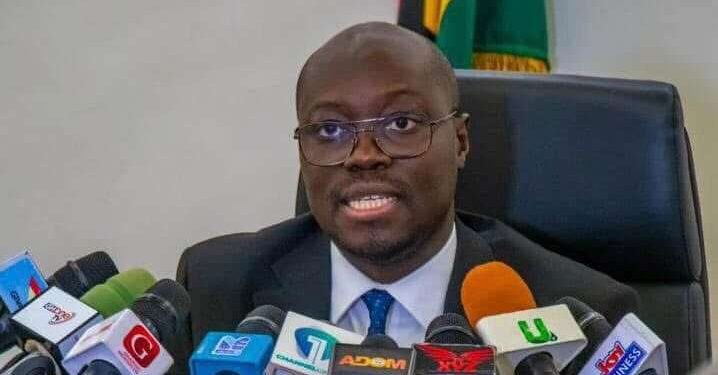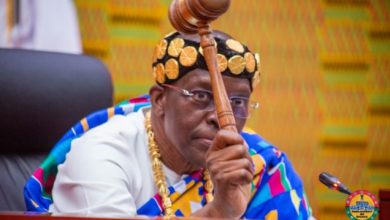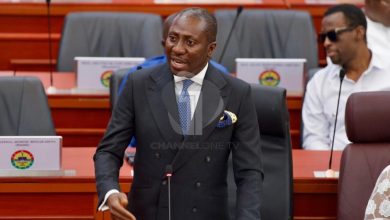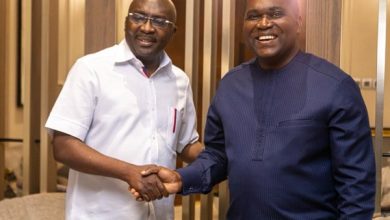Tax cuts, energy debt, and cedi stability dominate Gov’t-IMF talks

Tax cuts, revenue administration reforms, energy sector debt management, expenditure controls and exchange rate stabilization are the issues dominating the government’s discussions with the International Monetary Fund (IMF).
The ongoing five-day engagements – running from February 10 to February 14 will be heavy on Ghana’s economic outlook and policy direction for the 2025 budget.
The government is set to scrap major revenue measures—such as the E-Levy, betting tax and COVID-19 levy—in a bid to ease fiscal pressures and reduce reliance on imported goods.
These initiatives form part of a broader strategy to strengthen macroeconomic stability and enhance Ghana’s economic outlook under the IMF-supported program.
Leading the discussions is IMF Mission Chief for Ghana, Stéphane Roudet, who will assess the country’s progress and work with government officials to refine fiscal policies ahead of the 2025 budget presentation.
The Bank of Ghana, Ghana Revenue Authority and Controller and Accountant General’s Department are among the key institutions participating in the negotiations.
Citi Business News understands that the outcome of these talks could significantly influence Ghana’s policy direction, balancing the need for fiscal consolidation with measures aimed at spurring economic growth.
Market analysts urging the government to prioritise fiscal prudence by focusing on expenditure rationalisation to address the budget deficit.
The fiscal deficit is projected to narrow to 4.2% in 2025 as fiscal consolidation efforts continue.
The government has already signalled cost-cutting measures by reducing the number of ministers to 60 and banning non-essential foreign travel for appointees.




